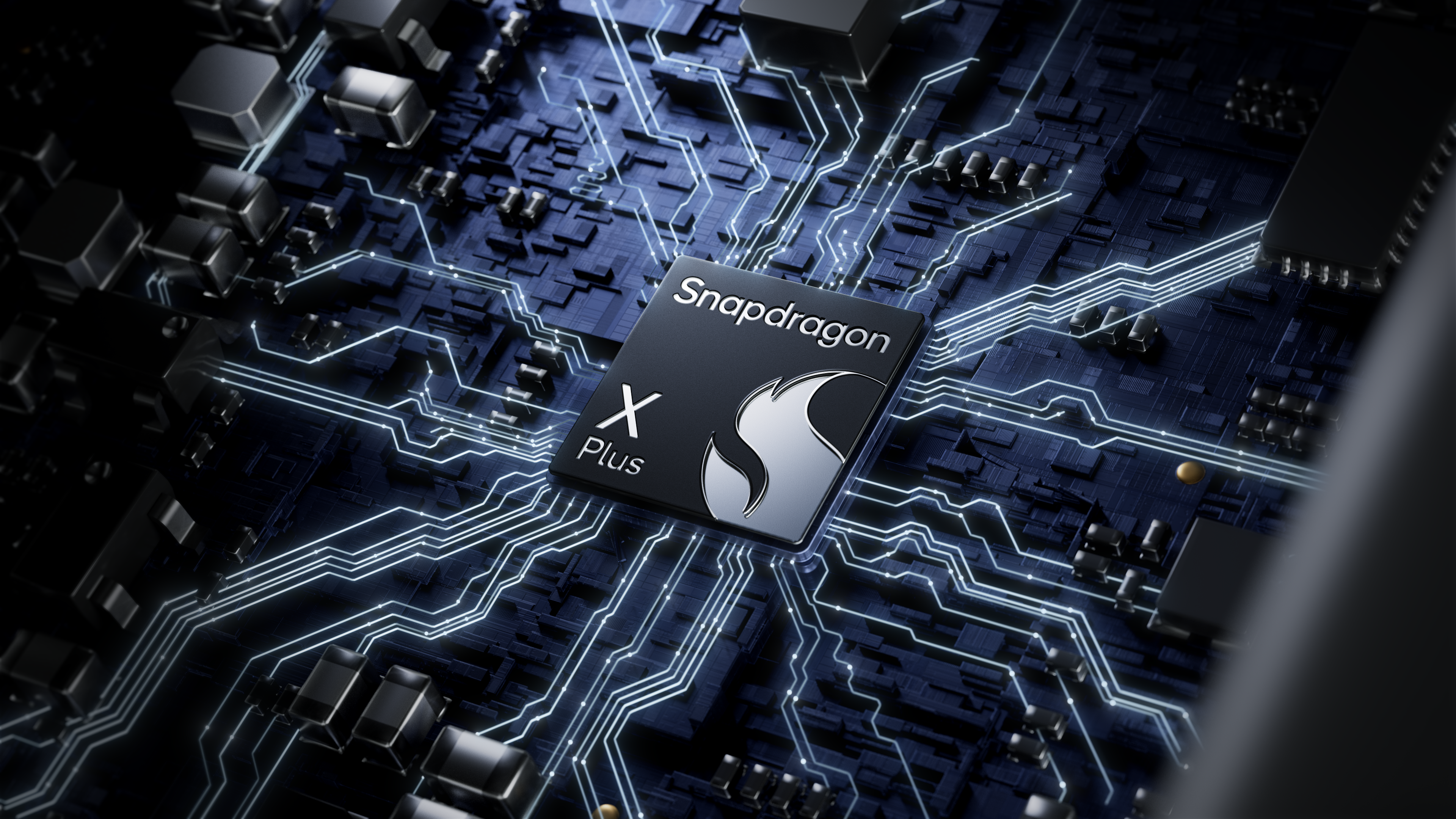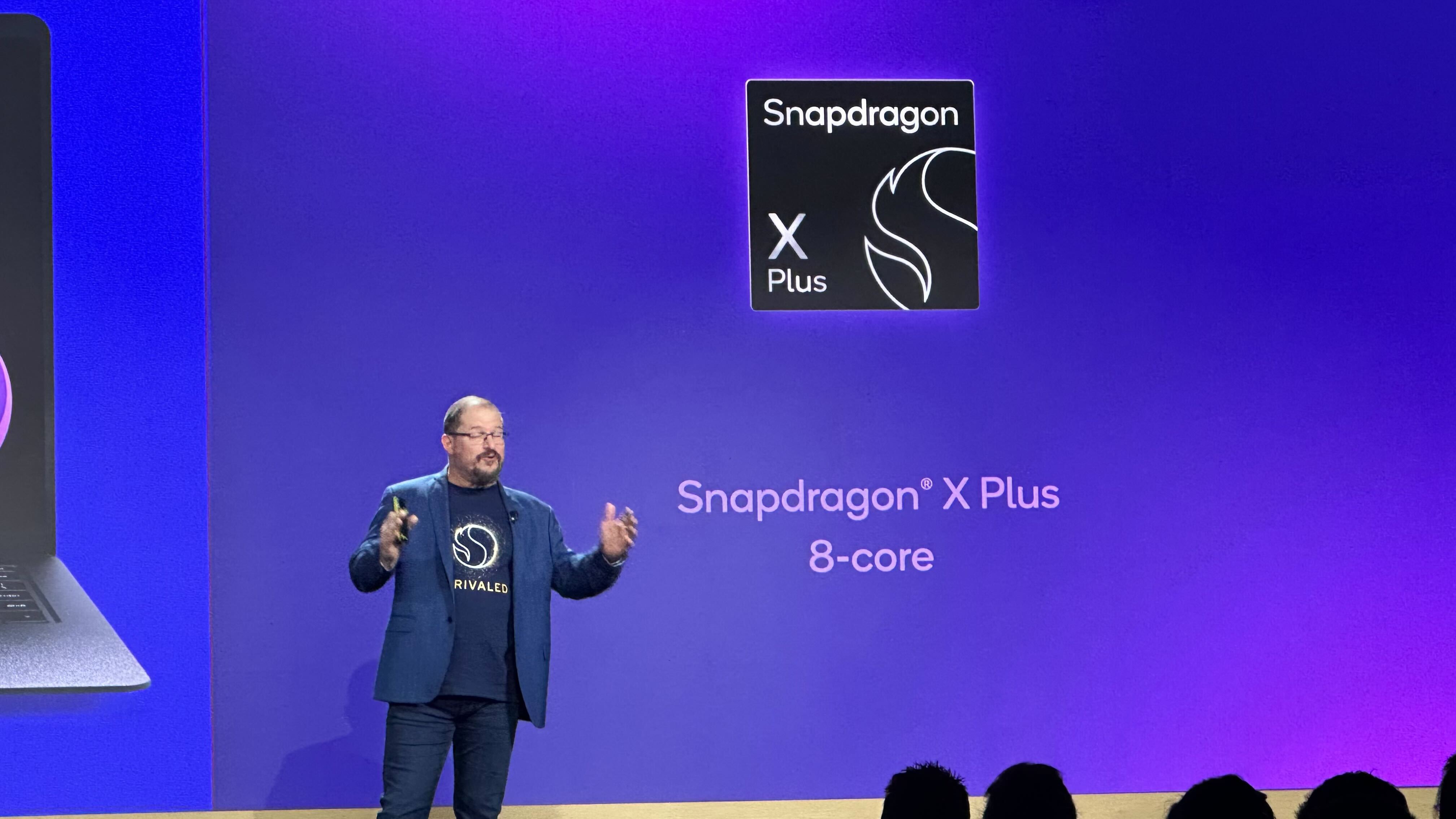Why Arm and Qualcomm's big legal battle could be far from over
You don't need to melt your Snapdragon Copilot+ PC just yet

A tense court case between Qualcomm and Arm kicked off last Monday, December 16 and the jury has already returned a verdict.
While the case ended in a mistrial, with the jury unable to come to a verdict on one of the three questions at the heart of the case, the saga might not be over quite yet.
Here's everything you need to know about what happened and how the legal battle might rage on.
What was the verdict?
As Reuters reports, the jury deliberated for more than nine hours, after which they could not reach a unanimous verdict on the question of whether the tech startup Nuvia breached the terms of its license with Arm.
The legal battle centered on Qualcomm's use of the Oryon CPU cores in the Snapdragon X-series chips that power Copilot+ AI PCs. The cores were based on licensed Arm technology that was developed by Nuvia, which Qualcomm acquired in 2021. Nuvia was set to pay a higher royalty rate to Arm than Qualcomm based on a pre-existing deal with the architecture firm.
The jury did decide in favor of Qualcomm on the two other questions central to the case. The jury found that Qualcomm did not breach the license with Arm when purchasing Nuvia for $1.4 billion in 2021. The jury also found that Qualcomm's Oryon CPU chips, developed using Nuvia's technology based on Arm's licensed chip designs, are properly licensed under Qualcomm's pre-existing agreement with Arm.
This verdict means Qualcomm can continue to sell Snapdragon X Elite, X Plus, and X Plus 8-core chipsets to manufacturers for use in laptops and mini-PC desktops.
Get The Snapshot, our free newsletter on the future of computing
Sign up to receive The Snapshot, a free special dispatch from Laptop Mag, in your inbox.

A spokesperson for Arm issued a statement on behalf of the company to Laptop Mag:
“We are disappointed that the jury was unable to reach consensus across the claims. We intend to seek a retrial due to the jury’s deadlock. From the outset, our top priority has been to protect Arm’s IP and the unparalleled ecosystem we have built with our valued partners over more than 30 years. As always, we are committed to fostering innovation in our rapidly evolving market and serving our partners while advancing the future of computing.”

Qualcomm issued a statement to the company's official website. That statement reads in full:
"We are pleased with today’s decision. The jury has vindicated Qualcomm’s right to innovate and affirmed that all the Qualcomm products at issue in the case are protected by Qualcomm’s contract with ARM. We will continue to develop performance-leading, world class products that benefit consumers worldwide, with our incredible Oryon ARM-compliant custom CPUs."
What's next?
While the jury did rule in favor of Qualcomm on two of the three central questions, the question of whether tech startup Nuvia is in breach of its contract with Arm remains undecided. Because the jury could not reach a verdict on all central questions of the case, it can be appealed to a higher court system.
Based on the statement given to Laptop Mag, Arm Holdings plans to appeal the verdict.
Jude Maryellen Noreika, the presiding judge over this case, told both parties to seek mediation as she did not think "either side had a clear victory or would have had a clear victory if this case is tried again."
For now, Qualcomm's right to continue selling Snapdragon X AI PC chips to manufacturers for use in laptops and mini-PCs. However, depending on the appeals process and how much of the case Arm brings to the appeal, the future of Snapdragon X is not yet in the clear. While Qualcomm's right to continue producing chips with the Nuvia CPU cores is in less peril than before the initial case, it is not fully protected.
Depending on how the appellate court rules, the case could have further ramifications for all companies that license Arm architecture to create custom CPU cores, which include Apple, MediaTek, Nvidia, and AMD. Arm was seeking the destruction of Nuvia's CPU core designs in this initial case, after all.
Of course, both companies could also settle the rest of this matter out of court. Only time will tell.
More from Laptop Mag

A former lab gremlin for Tom's Guide, Laptop Mag, Tom's Hardware, and TechRadar; Madeline has escaped the labs to join Laptop Mag as a Staff Writer. With over a decade of experience writing about tech and gaming, she may actually know a thing or two. Sometimes. When she isn't writing about the latest laptops and AI software, Madeline likes to throw herself into the ocean as a PADI scuba diving instructor and underwater photography enthusiast.
